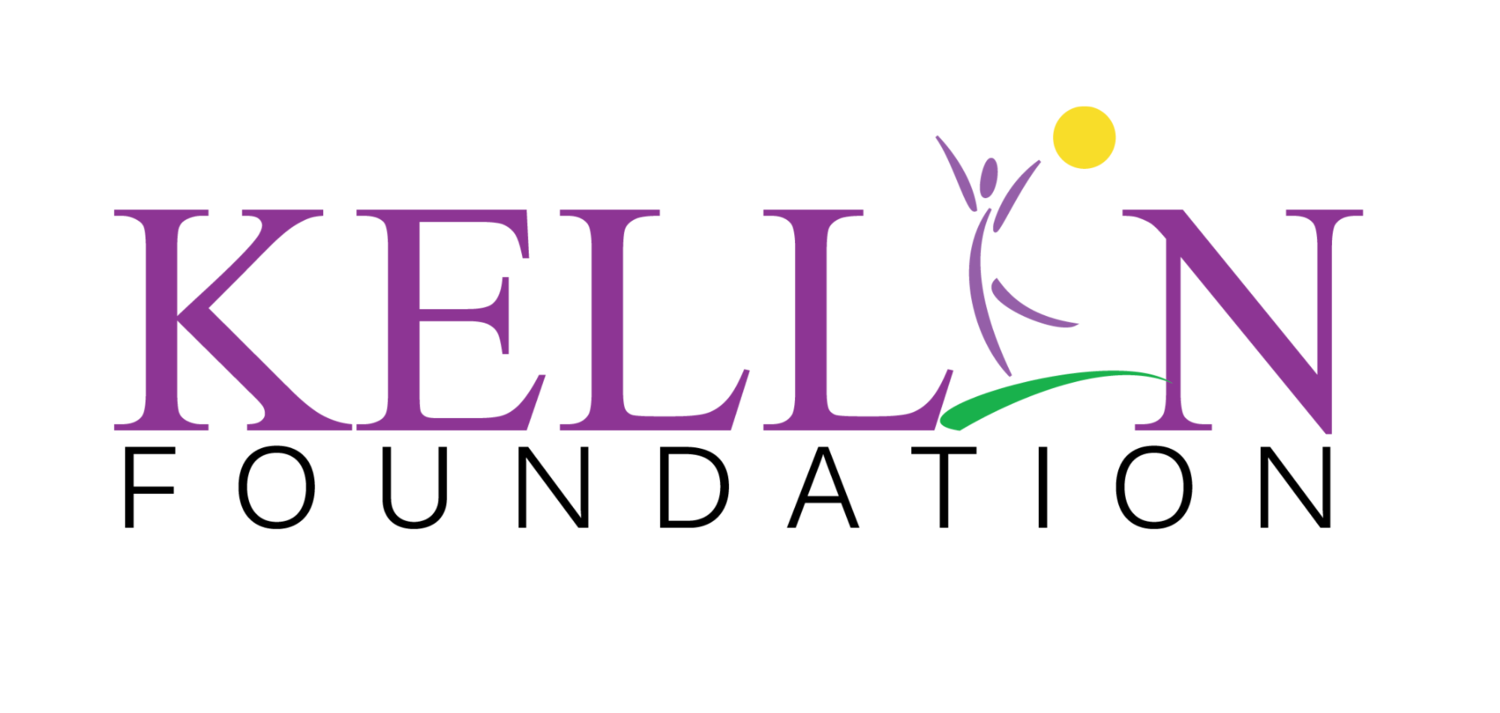Prioritizing Minority Mental Health: Breaking Barriers and Fostering Well-being
In the realm of mental health, the experiences of minority communities have often been overlooked and underrepresented. The significance of minority mental health cannot be overstated. Individuals from racial, ethnic, and marginalized backgrounds face unique challenges that can have a profound impact on their psychological well-being. By shedding light on the barriers they encounter and advocating for inclusive and culturally competent mental health care, we can work towards a more equitable and supportive society.
The consequences of discrimination, racism, and other forms of marginalization on mental well-being cannot be ignored. Minority individuals often encounter stigma, cultural barriers, and limited access to appropriate care, resulting in disparities in mental health outcomes. The stress and psychological impact of navigating systemic inequalities can lead to increased levels of anxiety, depression, and trauma. Cultural stigmas and barriers surrounding mental health within minority communities pose additional challenges. Concerns about judgment, shame, and fear of being labeled as "crazy" or "weak" can discourage help-seeking, while cultural expectations of strength and resilience may inhibit expressing vulnerability.
The mental health of minority communities is of paramount importance. By recognizing and addressing the unique challenges they face, we can create a more inclusive and supportive mental health ecosystem. The consequences of discrimination, racism, and other forms of marginalization on mental well-being cannot be ignored. Minority individuals often encounter stigma, cultural barriers, and limited access to appropriate care, resulting in disparities in mental health outcomes.
Despite the difficulties, these communities exhibit a range of cultural strengths and resilience factors that contribute to their ability to overcome challenges. These include strong cultural values and identity, supportive social networks, collective strength and activism, cultural healing practices, spirituality and faith, adaptive coping mechanisms, and cultural pride. These factors serve as sources of resilience, promoting mental well-being and empowering individuals to navigate adversity in culturally meaningful ways. Recognizing and incorporating these strengths in mental health support is crucial for fostering resilience and supporting the overall well-being of minority communities.
To foster holistic well-being for all and to promote minority mental health and overall well-being, a multi-faceted approach is essential. Here are some key steps that can be taken:
Culturally Responsive Care: Mental health professionals should receive training in cultural competency to better understand and meet the diverse needs of minority individuals. This includes being aware of cultural differences, overcoming language barriers, and tailoring interventions accordingly.
Breaking Stigma: Efforts should be made to challenge cultural stigma surrounding mental health within minority communities. By normalizing discussions, sharing personal stories, and promoting mental health education, we can encourage help-seeking behavior and reduce the shame associated with mental health struggles.
Accessibility and Affordability: Improving access to mental health resources is crucial. This involves addressing structural barriers such as language access, expanding insurance coverage, and establishing community-based mental health programs in underserved areas.
Community Engagement: Building supportive communities is essential for minority mental health. Collaborating with community organizations, leaders, and individuals from diverse backgrounds can foster safe spaces, create support networks, and advocate for policy changes that address mental health disparities.
Research and Collaboration: Increasing research on minority mental health and collaborating with community organizations and institutions can help inform effective strategies, interventions, and policies. This knowledge can promote evidence-based practices that address the specific needs and challenges faced by minority communities.
The Kellin Foundation recognizes the real consequences of trauma, including race-based trauma and gender discrimination, on the lives of individuals. Our clinical work revolves around creating opportunities for healthy connections, supporting the healing of individuals and families, and breaking cycles of trauma that affect us all.
In our efforts to build community resilience, the Kellin Foundation is committed to undoing the damage caused by systemic discrimination in all its forms. We actively ensure the inclusion of traditionally marginalized populations, including people of color, LGBTQ+ community members, immigrants, refugees, and those who experience multiple forms of discrimination. By centering the needs and experiences of these communities, the foundation strives to address the mental health disparities they face.
Kellin Foundation’s dedication to equity is reflected in our equity roadmap. This roadmap serves as a guide for our journey toward centering racial equity and inclusion. It outlines our strategies, objectives, and measures to assess progress in dismantling systemic barriers and promoting mental health equity for all. By regularly evaluating our efforts, the Kellin Foundation demonstrates our commitment to accountability and continuous improvement.
Promoting equity and addressing minority mental health is a crucial step towards building a more just and compassionate society. The Kellin Foundation's commitment to inclusivity and our equity roadmap exemplify the efforts needed to create positive change. By acknowledging the challenges faced by minority communities, advocating for their well-being, and implementing strategies that prioritize culturally competent care, we can foster a mental health ecosystem that supports the holistic well-being of all individuals, regardless of their background. Together, we can break down barriers, reduce disparities, and work towards mental health equity for every member of society.

